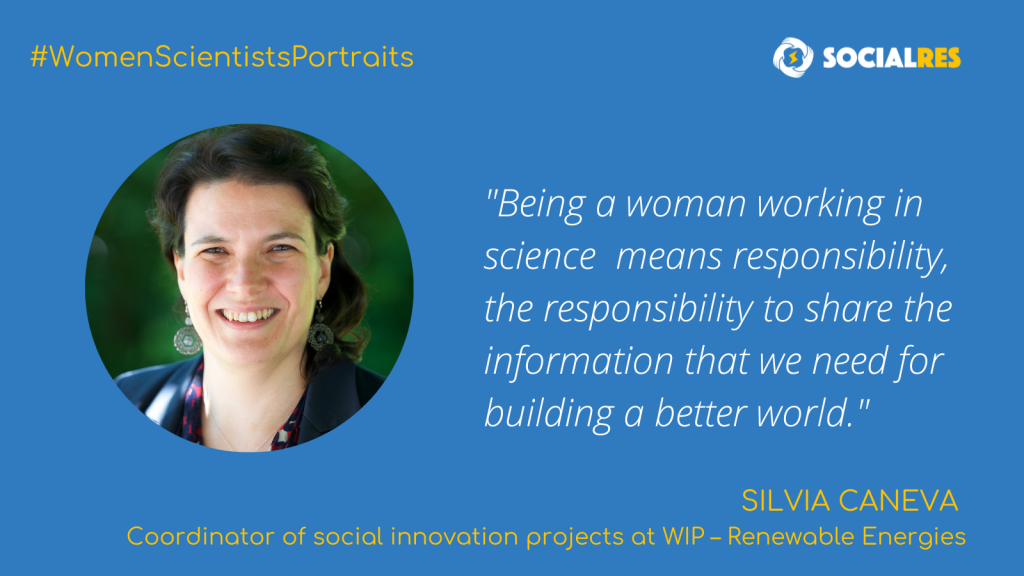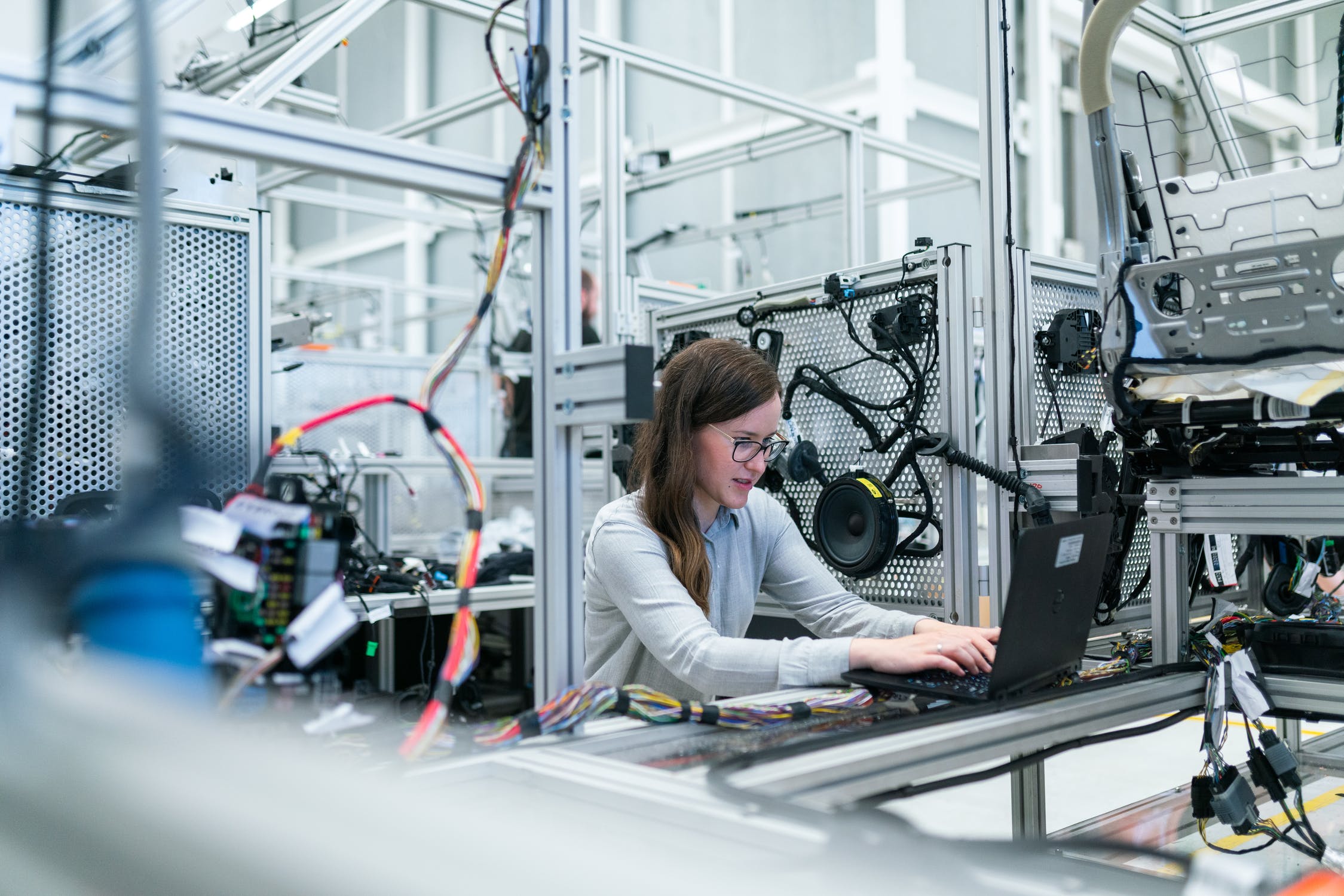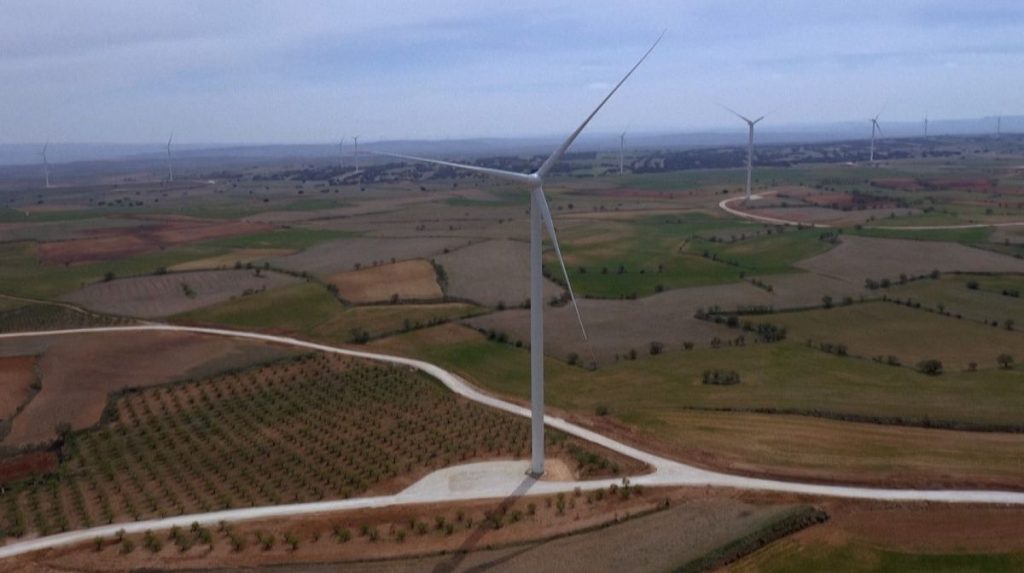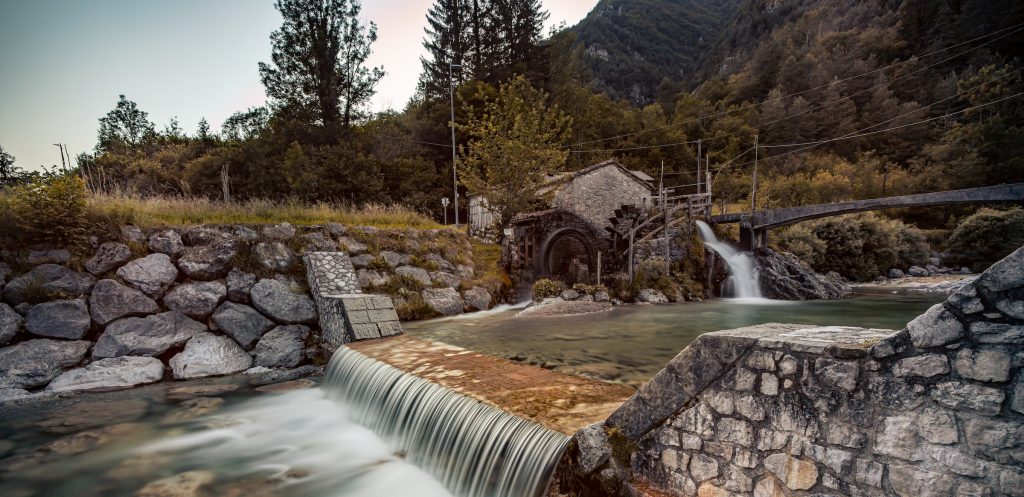These are the findings of a survey conducted by Trinity College Dublin for the European SocialRES project
In 2015, the United Nations General Assembly declared 11 February as the International Day of Women and Girls in Science. An opportunity to celebrate the essential role that women and girls play in science and technology.
To date, we know very little about the specific circumstances and factors that might impact women’s involvement in the transition to clean energy. Fortunately, this topic is slowly starting to attract attention in research and policy circles. Women spend more time at home, managing most of home energy consumption, from heating to powering of household devices. According to surveys reported by OECD “women tend to be more sustainable consumers and sensitive to ecological, environmental and health concerns.”
Trinity College of Dublin, in the framework of the EU project SocialRES, developed a survey to study socio-economic, cultural, political and gender factors that influence consumers in the energy system. The findings highlight that women are more willing than males to opt for an energy project with energy cooperatives, energy Crowdfunders, and peer-to-peer trading platforms.
SocialRES project coordinator Silvia Caneva highlights that “women are ready to lead the clean energy transition and show the path to mitigate global warming and provide a sustainable solution to this climactic crisis”.
This year, SocialRES is joining the #WomenScientistsPortraits campaign launched by ICONS to highlights the work of women in scientific disciplines.




